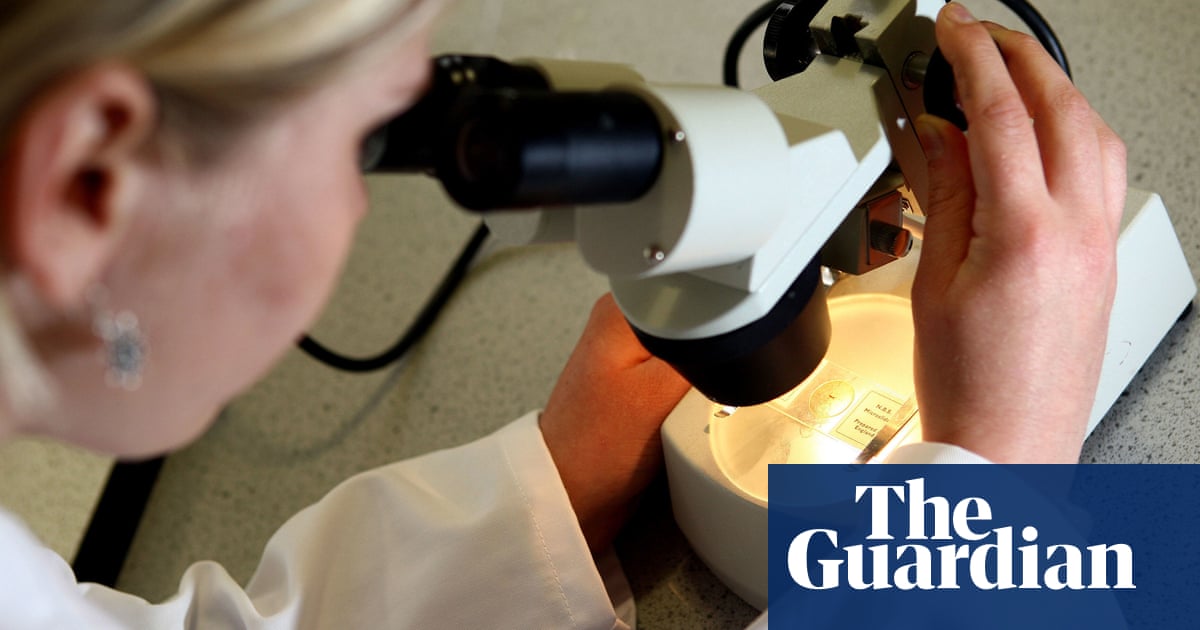
The environment is about 10 times more important than genes in explaining why some people have a higher risk of an early death than others, research has suggested.
The study is based on an analysis of information from almost 500,000 participants in the UK BioBank database, including answers to questionnaires as well as data on deaths and diseases that occurred after people enrolled.
Experts say the work highlights the importance of the “exposome” – the host of environmental exposures we encounter in life, from our living conditions to whether we smoke – for health, including how we age and why we develop age-related chronic diseases.
Dr Austin Argentieri, the first author of the research at Harvard and the Broad Institute, said: “For a lot of these diseases, it’s really the environment and exposome that’s driving a lot of our risk for these outcomes, and investments in understanding and modifying our environments are likely going to have a profound impact on improving health for all of us.”
Writing in the journal Nature Medicine, Argentieri and colleagues at Oxford Population Health and other institutions report how they analysed whether 164 environmental exposures, from salt intake to living with a partner, were associated with the risk of premature death.
After excluding, for example, exposures related to existing diseases, or that might simply reflect another underlying factor, the team were left with 85 environment exposures associated with the risk of premature death.
They then carried out a further analysis, based on proteins in the blood, to identify which of these exposures were also associated with how rapidly people were ageing biologically.
The resulting 25 environmental exposures included childhood factors such as maternal smoking around birth and whether participants were relatively short at age 10, as well as more recent factors such as whether participants were employed and their household income.
Alcohol intake and other aspects of diet were not among the exposures, possibly, the researchers say, because of difficulties in investigating these factors through questionnaires and inconsistencies in their associations.
The team report that many of the 25 exposures showed associations with particular age-related diseases and biomarkers of ageing, which, Argentieri said, sheds light on the various ways they could influence early mortality. Crucially, the team stress, 23 of these exposures can be modified.
In a further analysis, the team found age and sex together explained about half of the variation in risk of premature death, while the 25 environmental exposures together explained an additional 17% of the variation. By contrast, genetic predisposition for 22 major diseases explained less than 2% of additional variation.
The environmental exposures were also more important than genes in explaining why some people have a higher risk of developing diseases of the lungs, heart and liver in the future.
However, the reverse was true for diseases such as breast cancer, prostate cancer and dementia, revealing that in some cases genetic risk is of greater importance.
Argentieri said: “We provide some of the first evidence from a well-powered study to map all of the exposures that influence ageing on the biological level. “We further show that these exposures are plausibly linked to the entire ageing process across adulthood, as they are associated with key biological mechanisms of ageing, future risk of age-related diseases and mortality.”
The study has limitations, including that the results may differ in other countries, environmental exposures were only measured at one time point, the associations raised reflect cause and effect, and there could be environmental exposures that were not considered.
Dr Stephen Burgess, of the University of Cambridge, said the study supported previous research that had demonstrated, in the majority of cases, that our genes did not determine our future.
Burgess said: “Genetics can load the dice, but it is up to us how we play our hand.”
But he added: “A limitation of the work is that it does not make specific causal claims about what would happen if we changed our risk factors and environment.”












